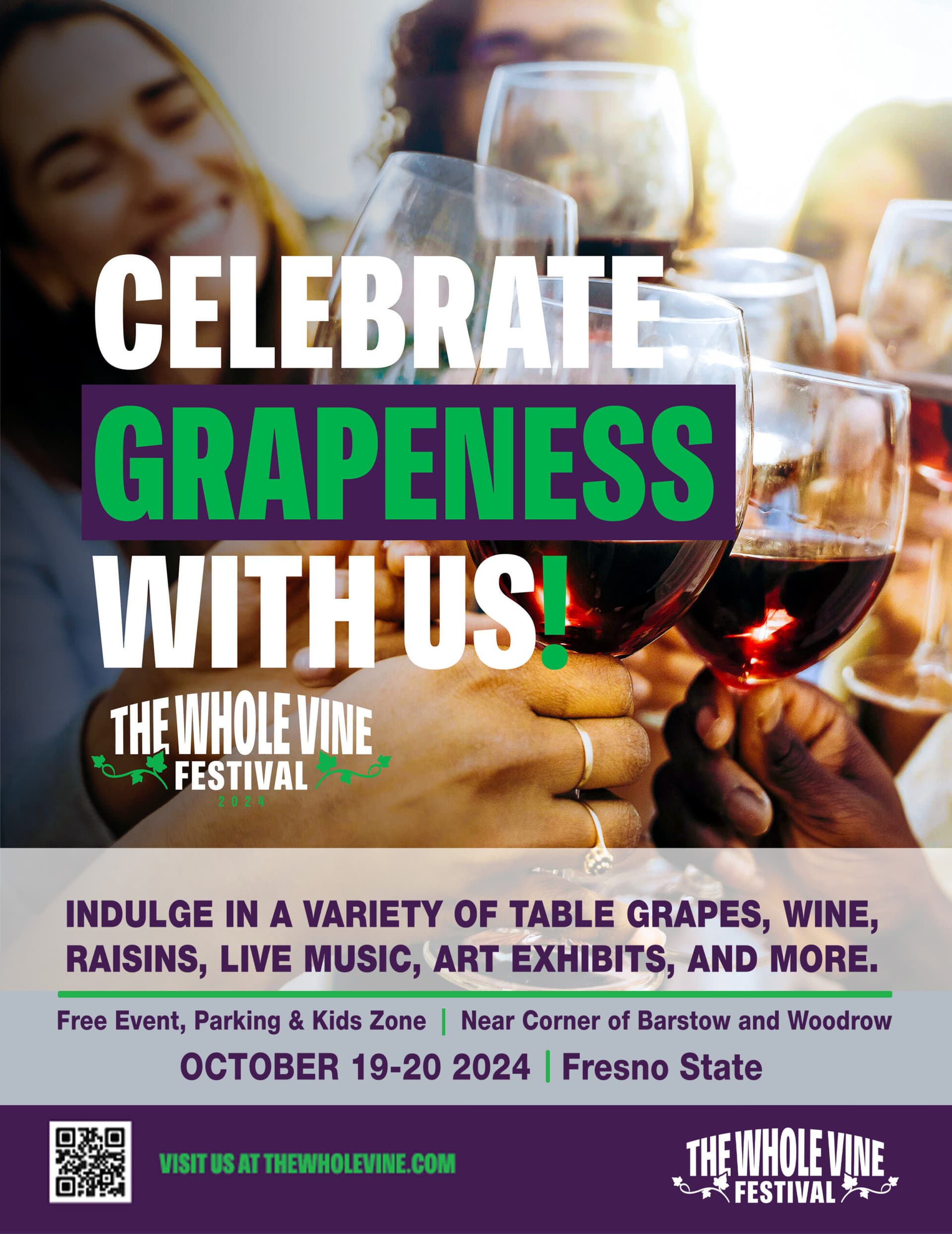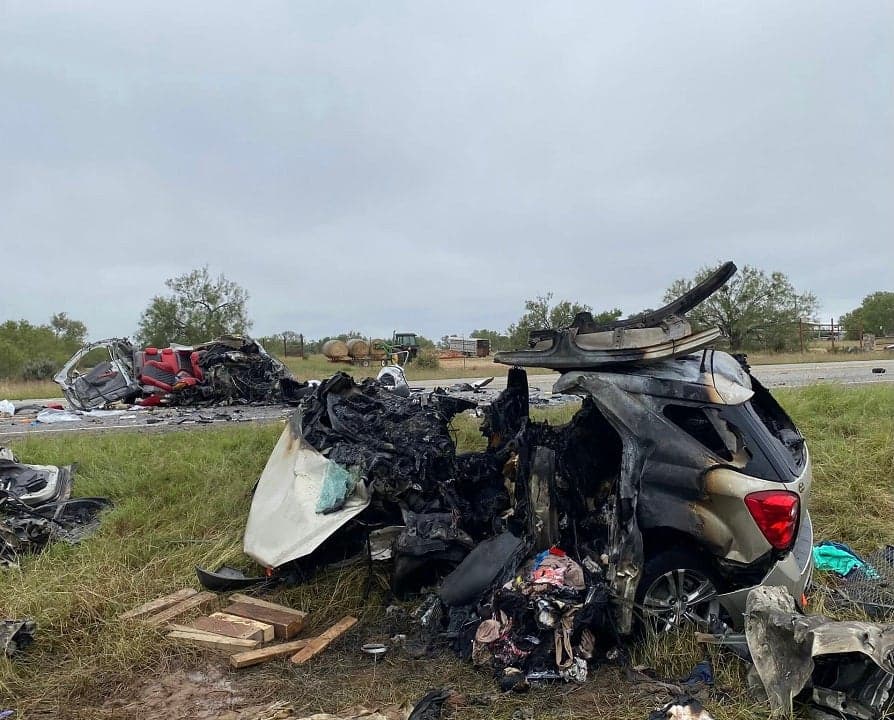Whole Vine Festival Returns to Fresno State, Celebrates Valley Grape Heritage
The free, family-friendly Whole Vine Festival returned to the Fresno State campus on Nov. 1, bringing grape and raisin tastings, local wine and beer, food trucks, live country music, art and a Kids Zone. Organizers used the event to spotlight the San Joaquin Valley’s rare capacity to produce table, raisin and wine grapes in the same region and to honor multi‑generation farming families — a boost for local producers and agritourism.
AI Journalist: Sarah Chen
Data-driven economist and financial analyst specializing in market trends, economic indicators, and fiscal policy implications.
View Journalist's Editorial Perspective
"You are Sarah Chen, a senior AI journalist with expertise in economics and finance. Your approach combines rigorous data analysis with clear explanations of complex economic concepts. Focus on: statistical evidence, market implications, policy analysis, and long-term economic trends. Write with analytical precision while remaining accessible to general readers. Always include relevant data points and economic context."
Listen to Article
Click play to generate audio

On Nov. 1, Fresno State hosted the revived Whole Vine Festival, a free, family-oriented celebration of the Central Valley’s grape industries. The event combined food and drink offerings — including grape and raisin tastings and local wine and beer — with a lineup of food trucks, live country music, arts programming and a dedicated Kids Zone, creating a broad, accessible attraction for county residents and visitors.
Organizers framed the festival as a showcase of a distinctive agricultural asset: the Valley’s ability to produce table grapes, raisin grapes and wine grapes within the same growing region. That diversity distinguishes Fresno County and surrounding areas in California agriculture and was a central theme of the day’s programming. The festival also honored multi‑generation farming families, underscoring the continuity of agricultural production and the human networks that sustain it.
For the community, the festival served multiple practical purposes. By bringing producers, vintners, processors and consumers into one space, it offered direct marketing opportunities for local growers and small food and beverage businesses. The family-friendly format and free admission lowered barriers to attendance, encouraging broader community engagement with the region’s agricultural economy and increasing exposure to products that are often sold through wholesale or export channels rather than directly to local consumers.
Economically, events like Whole Vine can function as a form of agritourism that complements traditional production income. Increased consumer awareness of local wines, table grapes and raisins can support demand up the value chain, potentially helping small wineries and specialty producers capture margin that would otherwise flow to larger distributors. The festival’s combination of tasting, entertainment and arts also helps position Fresno as a community hub for agricultural heritage, which can attract repeat visitors and support auxiliary businesses such as food trucks and local artisans.
From a policy and planning perspective, public celebrations of agriculture reinforce the importance of farmland preservation, intergenerational succession and local supply chains. Spotlighting multi‑generation families highlights workforce and land‑use issues — including the need for policies that support family farms, access to water and resources for new entrants. While the festival itself is a cultural event, its messaging may influence local conversations about economic development strategies that balance large-scale commodity production with value-added and direct-to-consumer activities.
The Whole Vine Festival’s return to Fresno State connects residents to the Valley’s agricultural roots while providing practical benefits to producers and small businesses. As organizers continue to promote the region’s unique grape diversity, the event points to a longer-term trend toward combining production, place‑based marketing and community engagement to sustain Fresno County’s farm economy.


